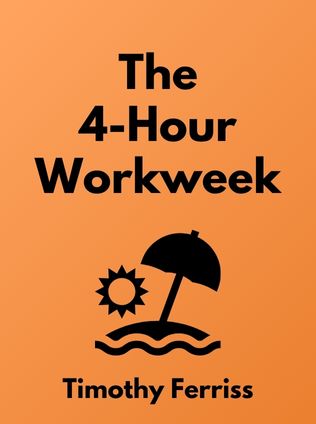
The Complexity Crisis
Why Too Many Products, Markets, and Customers are Crippling Your Company - And What To Do About It
By John Mariotti
Published 01/2008
About the Author
John L. Mariotti is a seasoned business executive and consultant who has held significant positions such as the president of Rubbermaid Office Products Group. He is the president/CEO and founder of the Enterprise Group, a coalition of time-shared executive advisors, established in 1994. Mariotti's extensive experience in leading companies through complex business environments lends authority to his insights in "The Complexity Crisis." His expertise is rooted in practical experience, making his advice and strategies both relatable and actionable for business leaders.
Main Idea
In "The Complexity Crisis," John L. Mariotti addresses a critical issue faced by many modern companies: the proliferation of complexity within their operations. This complexity arises from the expansion of products, markets, customers, suppliers, services, and locations, often leading to diminished profits and increased inefficiencies. Mariotti argues that while growth and innovation are essential, they must be managed carefully to avoid unnecessary complexity. He provides actionable strategies and metrics to help companies identify, measure, and manage complexity, transforming it from a profit-sucking burden into a competitive advantage.
Table of Contents
- The Complexity Crisis
- The Impact of Complexity on Quality and Service
- Managing Innovation and Complexity
- Case Studies of Companies Overcoming Complexity
- Strategies for Simplification and Efficiency
- Implementing New Metrics to Track Complexity
- Conclusion: Thriving in a Complex Business Environment
The Complexity Crisis
Companies worldwide are struggling with what John L. Mariotti terms "The Complexity Crisis." This self-inflicted crisis results from efforts to achieve rapid growth in stagnant markets by expanding products, markets, customers, suppliers, services, and locations. However, this proliferation often leads to higher costs and reduced profits. Mariotti explains,
"In their quest for double-digit growth in single-digit markets, many companies are finding themselves in a crisis - one that they often don't realize is of their own making" - John L. Mariotti.
He emphasizes that while new products are necessary for competition, the manner in which they are developed, introduced, and managed significantly impacts the complexity within an organization. The absence of deliberate elimination of obsolete or unproductive elements further exacerbates this complexity.
Mariotti describes how this crisis unfolds in many organizations. As companies strive to grow, they often add new products, enter new markets, acquire new customers, and diversify their supplier base. This unchecked expansion leads to a situation where complexity outpaces the organization's ability to manage it. The result is a drain on resources, decreased efficiency, and ultimately, reduced profitability.
The author stresses that companies must recognize and address the complexity crisis by implementing disciplined management practices. He suggests a proactive approach to identifying and eliminating unnecessary complexity to restore and enhance profitability.
The Impact of Complexity on Quality and Service
Complexity negatively affects quality and service. Mariotti notes,
"The goal of consistently good quality is dependent on the reduction of variability" - John L. Mariotti.In manufacturing, natural variation in processes can lead to defects. When multiple processes or suppliers are involved, variability increases, resulting in more nonconforming products. This not only impacts quality but also complicates inventory management and forecasting, leading to errors and inefficiencies.
Sign up for FREE and get access to 1,400+ books summaries.
You May Also Like
Rich Dad Poor Dad
What the Rich Teach Their Kids About Money - That the Poor and Middle Class Do Not!
By Robert T. KiyosakiFreakonomics
A Rogue Economist Explores the Hidden Side of Everything
By Steven D. Levitt and Stephen J. DubnerThe Lean Startup
How Today's Entrepreneurs Use Continuous Innovation to Create Radically Successful Businesses
By Eric RiesWho Moved My Cheese?
An Amazing Way to Deal with Change in Your Work and in Your Life
By Spencer Johnson, M.D.Factfulness
Ten Reasons We're Wrong About the World – and Why Things Are Better Than You Think
By Hans RoslingMake Your Bed
Little Things That Can Change Your Life...And Maybe the World
By William H. McRaven



















